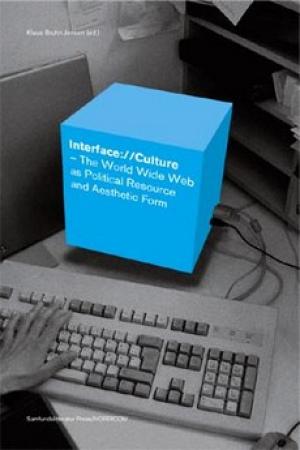In less than ten years, the world wide web has become part of everyday life. During the 1990s, it was often perceived as a possible source of dramatic social change - for business, politics, and the arts.
Now, it is increasingly clear that the web has itself been shaped by the existing institutions of society - businesses, parliaments, schools, families - even while challenging some of their structures and premises.
This volume takes stock of the web, a decade after its popular breakthrough.
The articles examine websites as interfaces to contemporary culture and as resources for political participation.
Following accounts of the history of computers and the web, the volume presents concrete analyses of how politicians, corporations, activists, cultural institutions, and media weave the web for the general public.

Interface://Culture
The World Wide Web as Political Resource & Aesthetic Form: The World Wide Web as
En del af serien
Modinet
Kontakt fagredaktøren
Har du en idé til en lærebog, eller mangler der en bog inden for dit fag, hører vi gerne fra dig!
Fagredaktøren er Henrik SchjerningHar du spørgsmål?
Du er altid velkommen til at kontakte os på info@samfundslitteratur.dk eller på telefon: 44 22 38 80.
Læs om vores persondatapolitik


